Foreign clubs want, but…
“The biggest obstacle for Vietnamese players going abroad is the transfer fee. Many Korean clubs are really interested in Vietnamese players. However, the transfer fee that the Vietnamese team or player often offers is too high, not commensurate with the player's ability. This makes the deal difficult to succeed,” journalist Cho Sungryong of Sports-G (Korea) expressed his opinion, revolving around the story of Vietnamese players facing difficulties in their desire to hone their skills in competitive football environments such as Japan, Korea, Europe, etc.

Since Doan Van Hau moved to Heerenveen at the end of 2019, no Vietnamese player under the age of 23 has appeared in a national championship at a higher level than the V.League. Earlier this year, goalkeeper Ho Tung Han temporarily left Da Nang Club to play football at Balestier Khalsa, on loan for 4 months. However, this is only a club in the Singapore National Championship - an environment that is considered lower than the general level of the V.League.
More broadly, this is not the period when the U23 Vietnam players mentioned going abroad, even if it was just lip service in the mass media. Trung Kien, Ly Duc, Thanh Nhan, Viktor Le... focused on the V.League front with their home clubs or the U23 Vietnam team at the 33rd SEA Games. Even Alex Bui, the overseas Vietnamese player who once affirmed his priority to play in Europe instead of returning to the V.League, also once... "knocked on the door" of a Vietnamese team, during the training period with the U23 team last May.
For players over 23 years old, not many are willing to go abroad. Pham Tuan Hai, the name most eager to go abroad, just missed an appointment with a Latvian club, due to the summer transfer window in Europe closing. Other capable faces such as Hoang Duc and Thanh Chung prioritize staying in V.League, signing a contract worth tens of billions rather than being ready to challenge themselves in a foreign environment. Cong Phuong, Van Toan, and Quang Hai also no longer mention the dream of Europe or Korea, Japan after the failure they had to experience when leaving V.League before.
Unreasonable fees
Putting aside the psychology of individual players, the illusion of value from Vietnamese clubs has become a major obstacle. Jernej Kamensek, a rare FIFA-certified agent in Vietnam, shares the same opinion as journalist Cho Sungryong. This expert said: “Many players in Vietnam receive a higher salary than their actual ability. They can enjoy contracts worth up to more than 1 million USD for a single signing. This is a two-way problem, from both the players and the teams.”
Mr. Kamensek continued: “Teams in Vietnam tend to want to own or only let their players go on limited loan. Some teams ask for very high prices when foreign clubs are interested in young talents. This is a number that does not match the actual ability of the players. In addition, the level of the tournament in Europe is higher than that of the V.League. And the fact that they have to spend a high cost just to have Vietnamese players is unthinkable.”
Further reinforcing the evidence of the transfer fee, a representative of Ninh Binh Club once told the press: "To break the contract of a talented young player in Vietnam, it must be at least 10 billion VND (nearly 400,000 USD)". "That is a number 10 times higher than the expected level and is within the range of payment from European teams. They still consider Vietnam as one of the potential markets to be interested in. And if Vietnamese clubs still give out unrealistic and illusory numbers, it is understandable that Western clubs are looking for "other lands" such as Thailand, Indonesia, Malaysia to invest in", said Mr. Kamensek.
This representative himself does not think that V.League clubs should "bleed" cash flow when paying large sums of money for overseas Vietnamese players. This representative said: "I cannot believe that Tran Thanh Trung reached a price of more than 400,000 USD. That number is enough to help a club in Vietnam train many players and create conditions for them to move to mid-level teams in Slovenia, Iceland, Latvia, ... From there, these faces continue to develop and aim for higher tournaments with larger fees. Based on the training terms, V.League teams will enjoy the remaining numbers thanks to their nurturing".
Now it is time to return to the mentality of Vietnamese players. The fact that V.League clubs pay high salaries and bonuses makes them reluctant to leave their “safe zone”. Nguyen Filip - Vietnamese-American goalkeeper of Hanoi Police Club also pointed out a factor:
“When I was in the Czech Republic, the goal of all players was to play abroad, to play in the top leagues. But in Vietnam it is different. Most players want to play domestically. As I observed, only about 5 players want to play abroad.
But thinking back, I understand. The players have everything here. They don’t have to learn another language if they only play football in Vietnam, right? Plus, the players want to stay here because they are big stars, with very stable incomes. When people treat you like a big star, even if you are only famous in Vietnam, you will think you are a big name.”
A series of coaches blame Vietnamese players
V.League is the most professional football environment in Vietnam, but many players are too satisfied with the present," coach Makoto Teguramori said on the Hanoi FC homepage. "They need to be more confident, strive to develop themselves and broaden their vision of the world. They can only improve themselves when they set bigger goals."
Coach Mano Polking of Hanoi Police pointed out that the difference between Brazilian and Vietnamese players is due to the lack of domestic competition. He said: “Many Brazilian players have to go abroad to compete to survive and assert themselves, while Vietnamese players are living in a comfort zone.”
Source: https://cand.com.vn/the-thao/phi-chuyen-nhuong-cua-cau-thu-viet-nam-cao-den-the-nao--i781342/



![[Photo] President Luong Cuong attends the opening ceremony of the new school year at the National Defense Academy](https://vphoto.vietnam.vn/thumb/1200x675/vietnam/resource/IMAGE/2025/9/15/c65f03c8c2984e60bd84e6e01affa8a0)


![[Photo] General Secretary To Lam attends the 80th Anniversary of the General Department of Defense Industry](https://vphoto.vietnam.vn/thumb/1200x675/vietnam/resource/IMAGE/2025/9/15/fb8fd98417bb4ec5962de4f7fbfe0f6a)




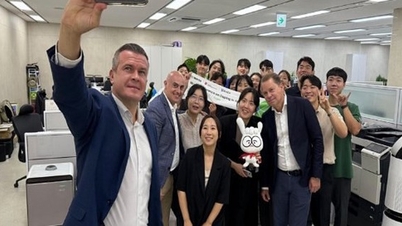






















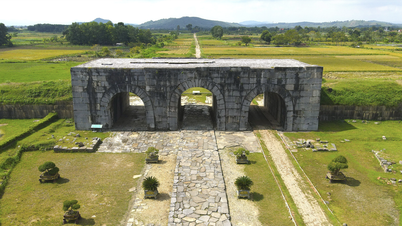






















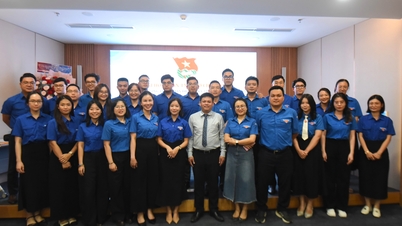
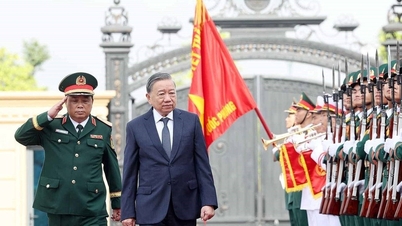










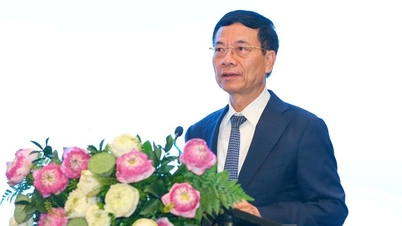



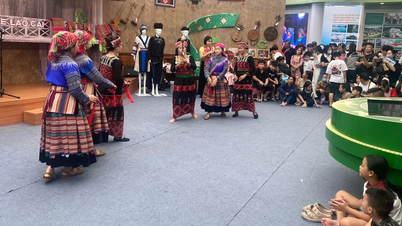






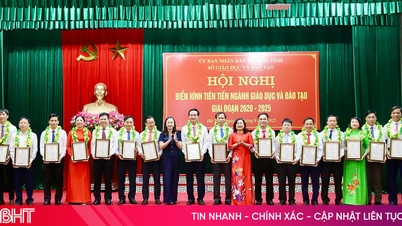


















Comment (0)